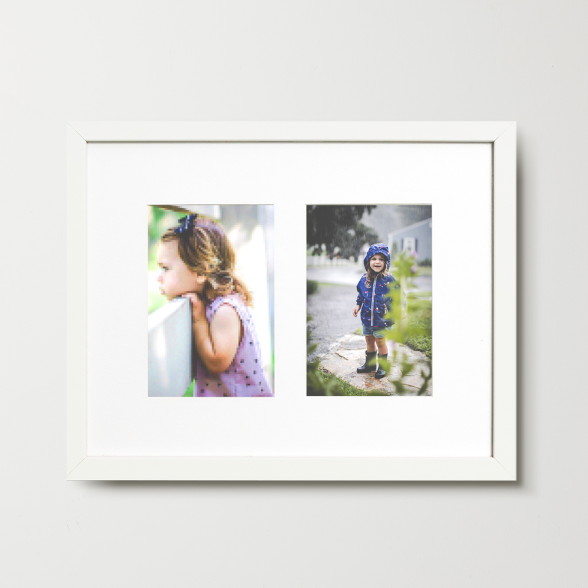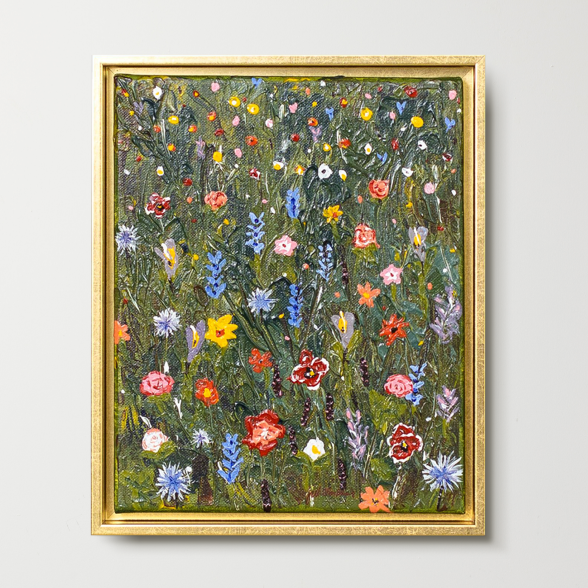Framebridge | FramebridgeBlog
Featured stories

Spotlight on Howard University
Together, we’re framing and preserving the powerful stories of the fraternities and sororities that form the National Pan-Hellenic Council–which was founded at Howard in 1930.

Giving Tuesday with RxArt’s Diane Brown
President and founder of the innovative nonprofit shares how RxArt got its start, the incredible artists she’s worked with along the way, and one inspiring story after another.

Style talk with Clare Vivier
Fashion designer Clare Vivier shares the inspiration behind our recent collab.

Choose the best frame styles for your wall color
Pro tips for matching undertones, working with bright hues, and nailing the stylish tone-on-tone look.
How-To’s

How to Frame a Scarf
Read The Article
How Big to Print Wedding Photos
Read The Article
How to Frame a Flag
Read The Article
How to frame kids’ art
Read The Article
How to frame a jersey
Read The Article
Designing a cozy-chic guest house in Maine
Photographer and Framebridge friend Sean Litchfield on renovating while preserving, prepping for company, and styling a perfectly imperfect wall.
Style

Our founder’s gift picks and stylish entertaining tips

Style talk with Clare Vivier

A gallery wall that celebrates a trio of favorite things

Go oversized for a major impact

Five beautiful ways to mix woods in your home
Design Inspiration

Get inspired by these meaningful gifts

Our favorite ways to holidize with frames

Six festive ways to deck your home with The Ornament

Inside our new collaboration with Lewis Miller










































